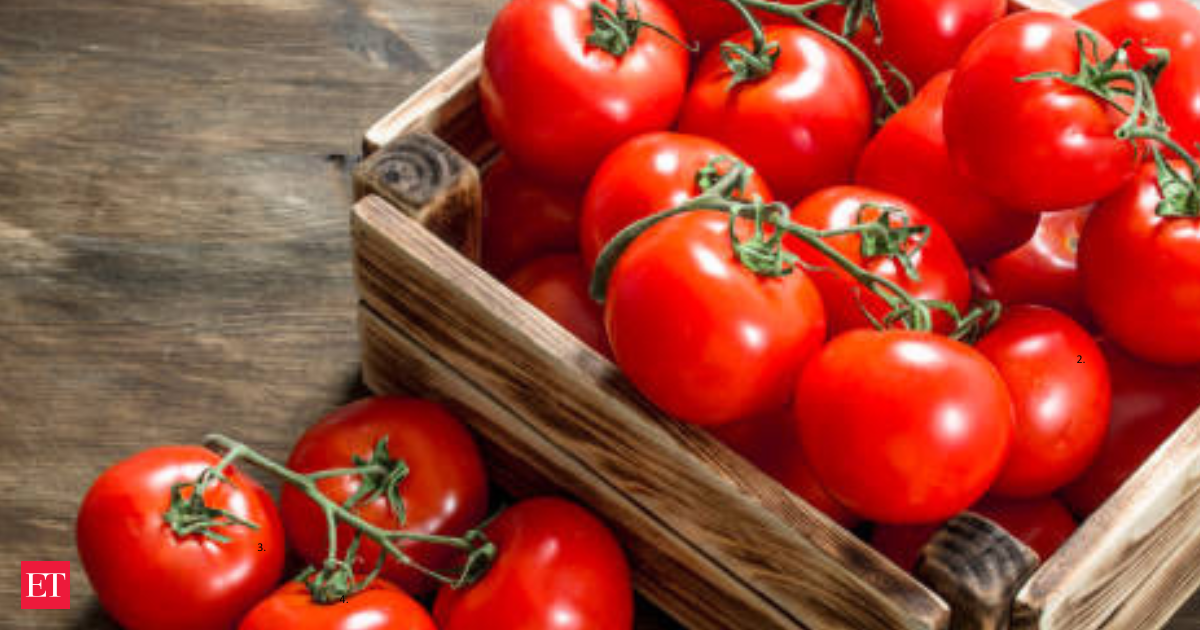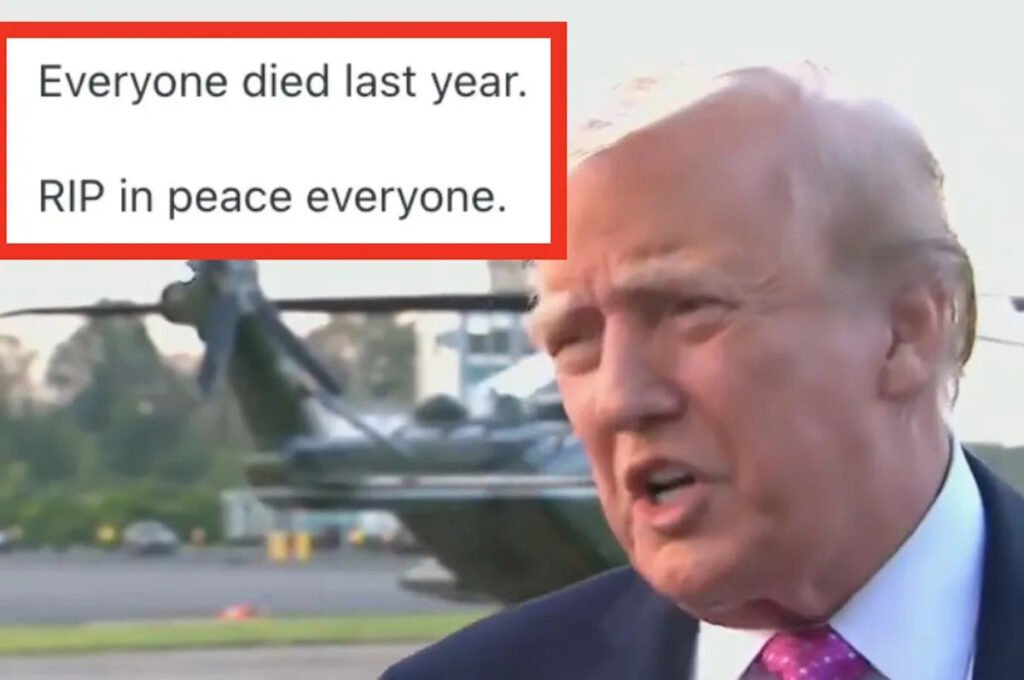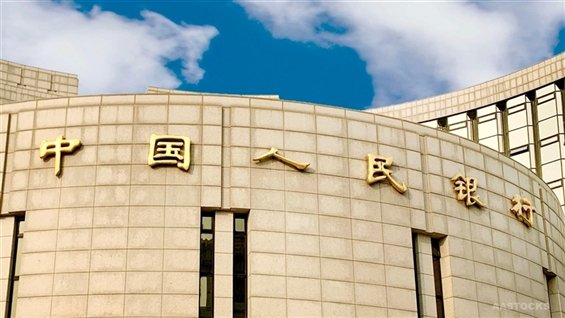Now Reading: US tomato tariffs: Prices set to explode: Trump’s tariffs could make your tomatoes cost more than steak — starting today
-
01
US tomato tariffs: Prices set to explode: Trump’s tariffs could make your tomatoes cost more than steak — starting today
US tomato tariffs: Prices set to explode: Trump’s tariffs could make your tomatoes cost more than steak — starting today

20.9% tariffs on the majority of Mexican tomato imports could replace a nearly three-decade-old US-Mexico trade agreement on July 14, putting a strain on restaurants and raising grocery costs, as quoted in a report by CNN.
What’s behind the sudden spike in tomato prices?
The tariffs on tomatoes are just one of the most recent instances of US President Donald Trump’s chaotic tariff policy. His tariffs have already disrupted international trade and left businesses unsure of how to prepare for the future.
ALSO READ: Elon Musk calls Warren Buffett boring, but secretly begged him to invest in Tesla
With trade protections eroding and political tensions rising, American consumers may soon pay steak-like prices for tomatoes, and small business owners fear the worst as supply chains become unstable. Some small businesses may completely shut down as a result of higher prices.
Are these tariffs really helping American farmers?
According to some US growers, the tariffs, which are intended to combat “dumping,” or the practice of undercutting domestic products by selling cheap exports into a foreign market, are long overdue.
What are the expected effects on tomato prices and demand?
Americans may have to pay more for tomatoes at the grocery store, pizza place, and other establishments.
As of May 2025, US consumers paid approximately $1.70 per pound for tomatoes grown in the fields, according to the Bureau of Labor Statistics. These tariffs could result in a 10% increase in consumer tomato prices and a 5% decrease in demand, according to Timothy Richards, an agribusiness professor at Arizona State University, as quoted in a report by CNN.
According to the US Department of Agriculture, the United States is the largest market for Mexican tomato exports. The department concluded that the new tariffs would probably result in fewer tomato imports and higher prices in a report released in June.
Why are Mexican tomatoes being targeted now?
For over three decades, Mexican producers have been illegally dumping tomatoes at unfair prices into the U.S. market despite five consecutive agreements, according to a statement released by Robert Guenther, executive vice president of the Florida Tomato Exchange, which CNN reported.
Guenther went on, “I believe the trade agreement has harmed American farmers.”
The Tomato Suspension Agreement, which has been in effect since 1996, establishes a floor for tomato imports.
As the “current agreement has failed to protect U.S. tomato growers from unfairly priced Mexican imports,” the Commerce Department said in a statement in April that it was leaving the agreement. The duties of 20.9% on the majority of Mexican tomato imports will follow from that.
What do Mexican growers have to say in response?
The accusation is denied by Mexican tomato grower Walberto Solorio, president of the Baja California Agricultural Council, which represents more than 120 tomato growers.
According to Solorio, minor violations by some Mexican producers haven’t been enough to blow up the entire deal, he told a CNN producer.
“It’s not a business issue, in my opinion; it’s more of a political one,” said Solario. “Everything suggests that, within reasonable bounds, the agreement should be upheld and that it has been carried out.”
How are restaurants and businesses dealing with the pressure?
Teresa Razo, the proprietor of two Argentine-Italian eateries in Southern California, stated, “I give it three months, and then we go bankrupt.” She asserted that her business may fail if tomato prices increase due to new tariffs on the Mexican-grown produce.
Businesses and consumers are being greatly impacted by the tariffs on Mexican tomatoes, which are raising demand and driving up prices. While some businesses, like Appollonia’s Pizza, are sourcing tomatoes from domestic growers, others, like Heinz and DiGiornio, are avoiding the tariffs by using tomatoes produced in the United States.
However, some businesses might have to increase menu prices because not everyone can afford the expense of using Mexican tomatoes as toppings.
Razo is making an effort to purchase tomatoes from domestic growers, but she may have to increase menu prices if they are unable to locate US tomatoes in a timely manner. For her mental health, she has stopped watching the news every day and is waiting for the tariff to be implemented.
Could American farms fill the gap?
Due to geographic diversity and technological advancements, American tomato growers are able to produce enough tomatoes throughout the year. If the agreement were to be terminated, Mexican producers would still be able to sell tomatoes in the United States, but they would have to abide by trade regulations.
In-depth quarterly audits of Mexican imports have been conducted, and tariffs on essential ingredients like cheese have already increased costs and can cause problems in a high-stress business.
FAQs
When will the tomato tariffs take effect?
The tariffs could go into effect as early as July 14, 2025.
How much might tomato prices increase?
Experts predict that the tariffs will cause a 10% increase in consumer tomato prices.



















































